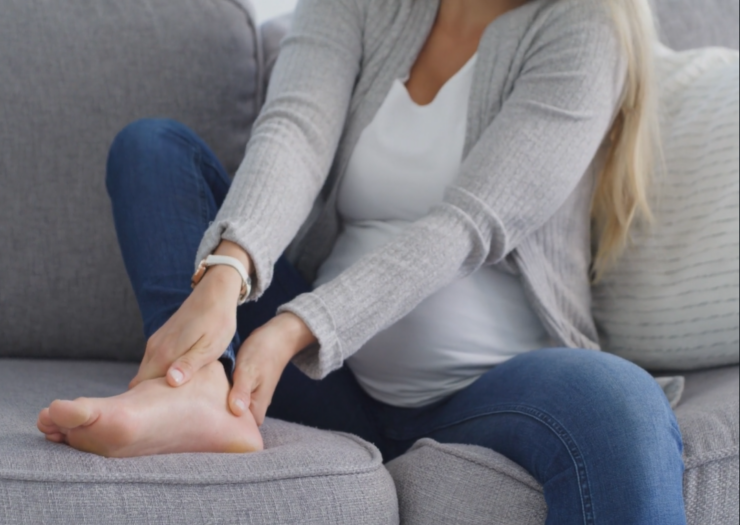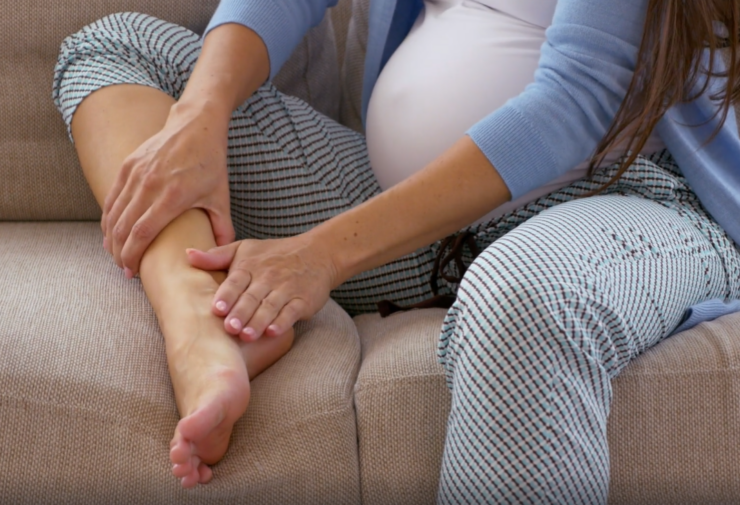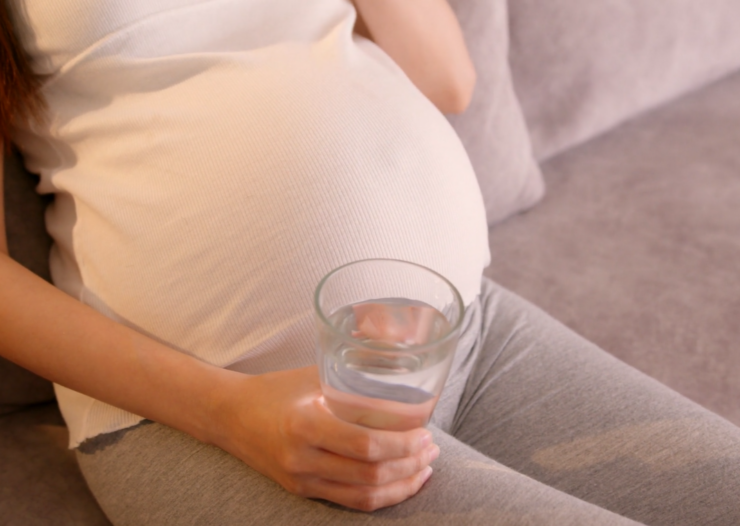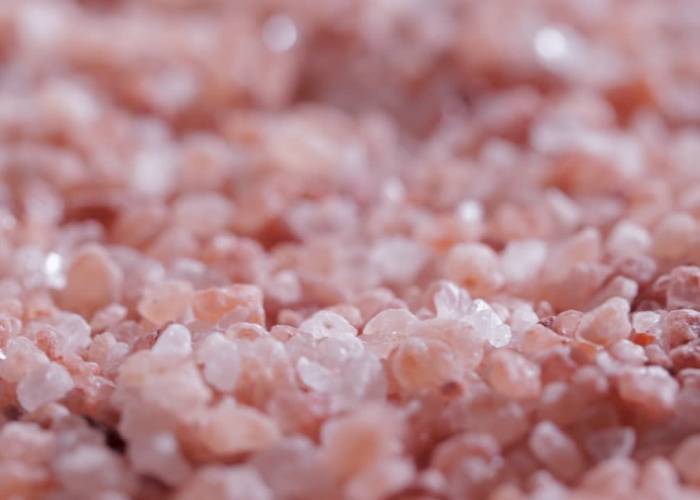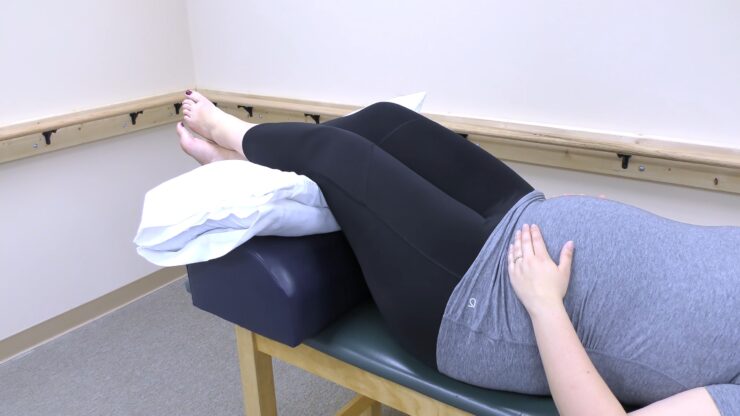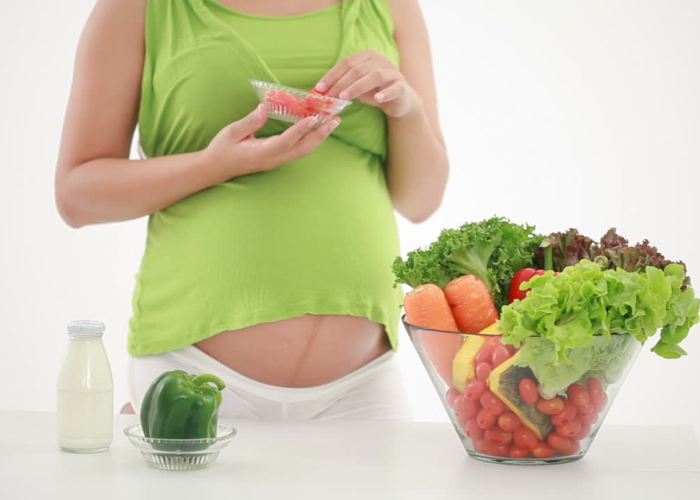During pregnancy, there are a few things that you have to be watchful of; swelling of the feet is something that is seen in many women. Although it is not unusual, it is important to be concerned about it and help yourself.
When you notice leg swelling during pregnancy, home remedies are the best choice because there are no side effects, and nothing to worry about! Swollen feet are, to a certain extent common during pregnancy.
People usually recommend using either hot or cold water for swollen feet during pregnancy but you will find the answer to your question in this article and also the right way of doing it.
Table of Contents
What Causes Swollen Feet during Pregnancy?
During pregnancy, your body generates 50% more blood and body fluids to meet the requirements of the baby which is developing inside the body. More body fluids are boosted in order to nurture and nourish both your baby and you.
These fluids also accumulate in your tissues because of which there are increased blood pressure and blood flow in your growing uterus on the pelvic veins and the vena cava (which is the huge vein present on the right side of your body that takes the blood back from your lower limbs to the heart).
This makes you experience this oh-so-necessary increase as oh-so-annoying swelling – predominantly swollen ankles and feet. Thereby, it is more or less usual; however, when should swelling during pregnancy be a concern is something you should be aware of.
In order to know when the swelling starts during pregnancy, you should know some of the major causes such as:
- Lots of salt in your diet.
- Drinking an excessive amount of caffeine.
- Not adequate potassium in your diet.
- Walking or Standing for a long period.
- Hot weather
When does Swelling Start during Pregnancy?
It is also important to know the time when does swelling actually start during pregnancy. It starts from around week 22 to week 27 of your pregnancy. Normally it stays until you give birth (on the plus side, quite soon because you won’t see anything lower than your belly anyway).
Edema (which is the accumulation of fluid in certain tissues within the body, especially feet) has an influence on approximately three-quarters of women during pregnancy.
When should Swelling during Pregnancy be a Concern?
Although swelling is common during pregnancy, however, swelling during pregnancy will be a concern if your hands and/or face become bulgy. If swelling persists for more than a day at a time (it doesn’t get better during the night), then it is a real matter which you should be concerned about.
Call your physician. Extreme swelling is also one of the signs of preeclampsia – but when it is associated with a variety of other noticeable symptoms and signs (such as increased blood pressure, speedy weight gain, and protein in the urine). So, there are times to be worried.
- Unexpected swelling in face or hands with headache or change in vision.
- Swelling along with chest pains, shortness of breathing.
- More swelling in one leg than the other and coupled with pain
1. Don’t Let Your Feet Suffer
When swelling starts during pregnancy can be disturbing and uncomfortable overall, but uneasiness and trouble due to swollen feet can be lessened. Don’t suffer needlessly. These are some guidelines to help ease swollen feet.
2. Prop up your feet
If your feet start swelling, have a rest, ease off and get your feet up. Just sitting down will not work — elevate these tootsies.
3. Cool them down
Put an ice pack or a cold towel on your swollen feet.
4. Stay hydrated
Maybe it is counter-intuitive, but drinking an adequate amount of water can really help wash out excess fluids from the body and reduce water retention.
5. Refrain from salty foods
Foods having a high amount of sodium can also be a reason to accumulate fluids in your body. Make sure that you are eating enough fresh fruits and vegetables but avoid adding salt to them.
6. Soak, soak, and Soak!
Here are some ways to cope naturally with home remedies using warm water for swollen feet during pregnancy.
7. Epsom salt
The most trouble-free and simple tip when the swelling starts during pregnancy is to take warm salt water and soak your feet into it. The use of Epsom salt also has a relaxing effect on your feet. During pregnancy, it helps a lot. Jojoba oil is also used in massaging your feet after soaking in warm saltwater.
You can also use jojoba oil along with a few drops of peppermint oil, this will help to cool, add a little grapefruit oil (it acts as an anti-inflammatory agent), and a few drops of ginger oil this will reduce swelling and also improve blood circulation. Soak your feet in cold water if you desire, to relieve the overheated feeling that comes with swelling.
8. Rock salt
Dr. Ashutosh Gautam suggests that women should soak their feet in a lukewarm water bucket and rock salt; it will treat their inflammation. But avoid using hot water as it will increase your swelling and worsen the condition. do this daily twice a day to attain the best results. Adding a pinch of salt can also do wonders. This will surely lessen the pain and help in coping up with your swelling.
9. Grapefruit Essential Oil
In a warm bath, add some drops of grapefruit essential oil and just lay down. You can mix it into a bucket of lukewarm water and soak your swollen feet. Grapefruit has ant oxidative properties that help relieve the pain and swelling in the feet. Grapefruit oil also has anti-inflammatory and diuretic properties which actually help diminish swelling during pregnancy.
Pregnant women should use ice to soothe swollen feet; it is a good home remedy. You can use any of these home remedies for swollen feet but if the swelling persists or then the swelling during pregnancy will be a concern, you must discuss it with your doctor.
Other Additional Tips:
1. A good massage
During your pregnancy, your legs and your feet are going to feel really tired and exhausting. Well, don’t worry since you are carrying a human being in your belly. Foot massage generates pressure on the affected part and helps in better blood circulation, muscles relaxation, and enhances excess fluid drainage that as a consequence reduces swelling
2. Elevate Your Legs
Gravity is harmful to swollen feet, gravity is not a friend of yours. Try to uplift your legs above the level of the heart.
3. Avoid Salty Foods
Excess salt has a major role in contributing to swollen feet, so try decreasing your salt ingestion.
4. High potassium
Utilizing a high potassium diet can also help reducing swelling like bananas, avocado, figs, romaine lettuce, scallions, watercress, celery, blackstrap molasses, papaya, and parsley, etc.
5. Check your shoes
Select footwear that is comfortable, soft, and most importantly won’t compress your swollen feet. Also, avoid high heels.
6. Apple Cider Vinegar
Take a spoon of apple cider vinegar and add it to two glasses of water, this will help to balance electrolytes in your body as it has a good amount of potassium.


